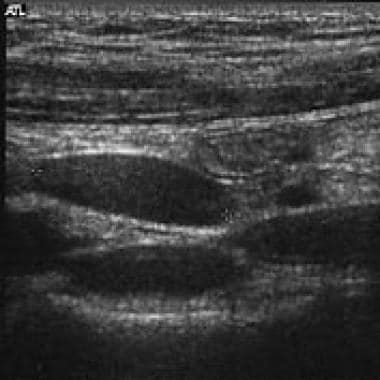
Besides neoplastic, inflammatory, and infectious processes, many other disease processes may occasionally result in mesenteric lymphadenopathy. The distribution of the lymph nodes may indicate the exact nature of the underlying disease process, and the correct treatment may then be instituted. In addition, mesenteric lymphadenopathy may be the only indicator of an underlying inflammatory or infectious process causing abdominal pain. It is important to recognize mesenteric lymphadenopathy in patients with a history of a primary carcinoma because the lymphadenopathy affects the staging of the disease, which in turn will affect further management. Many of these causes may also result in lymphadenopathy elsewhere in the body. When the immune system reacts to an infection, shotty nodes can occur they don’t always indicate a specific disease. What does it mean to have shotty lymph nodes Shotty lymph nodes is a group of small swollen nodes that form a cluster. The most common causes of mesenteric lymphadenopathy are neoplastic, inflammatory, and infectious processes. Lymph nodes that are hotty are not only hard and round, but also small and unimportant. Although the detected lymph nodes may be normal, there is a large number of disease processes that may lead to mesenteric lymphadenopathy. Most often they represent nothing more than the body's attempt to fight off infection (not just HIV. They are typically less than a centimeter. The removal of lymph nodes to determine the etiology of their enlargement has been practiced for many years, but it is unknown when it. Shotty nodes are smallish, ill-defined nodes. Because of the increasing volume of cross-sectional imaging examinations being performed, lymph nodes in the mesentery are being detected with increasing frequency. Score: 4.3/5 ( 41 votes ) Shotty lymph nodes are small mobile lymph nodes in the neck that are palpable and usually represent a benign change, commonly associated with viral illness. For the first time, normal mesenteric nodes may be reliably identified noninvasively.


With the advent of multidetector computed tomography, routine evaluation of mesenteric lymph nodes is now possible.


 0 kommentar(er)
0 kommentar(er)
